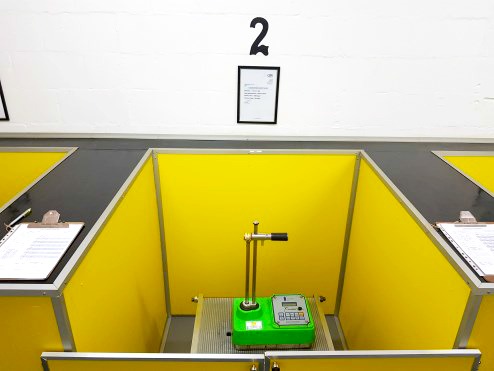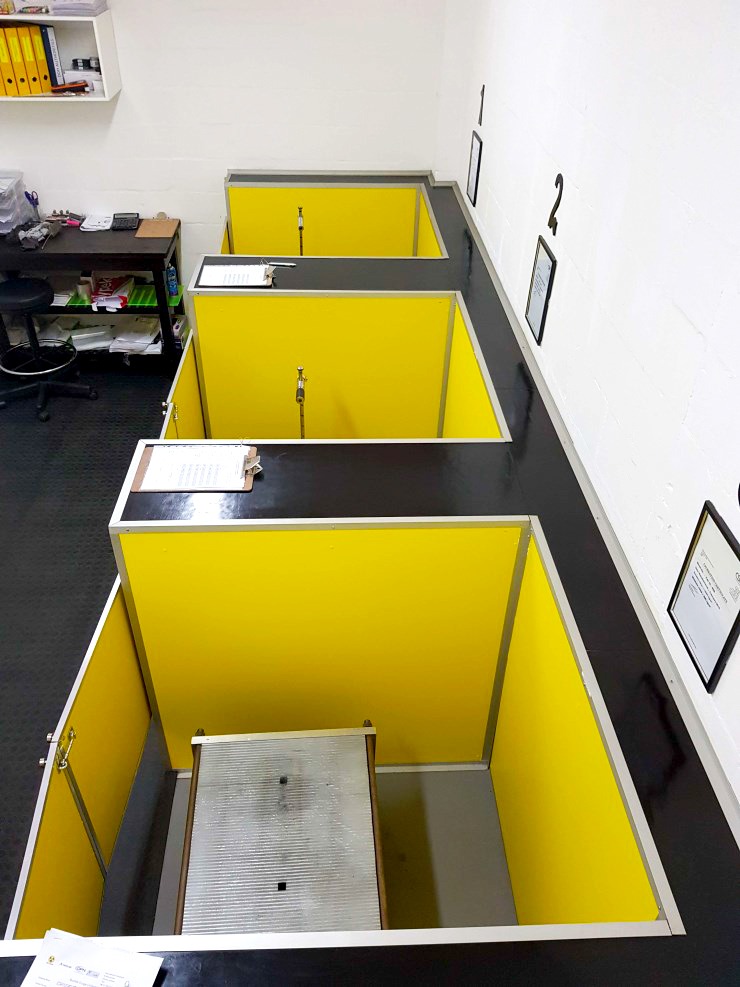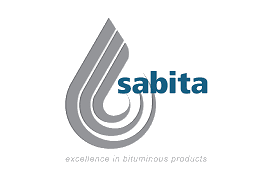RPO – Radiation Protection Officer
&
NDG – Nuclear Density Gauge Testing

RPO – Radiation Protection Officer
Radiation Protection Officer

Days: 3 (+ 2 Weeks Workplace Practical)
Overview:
Welcome to the Radiation Protection Officer (RPO) Course
Our comprehensive Radiation Protection Officer Course offers you the knowledge and skills required to excel in radiation protection practices, safeguarding both the environment and human health.
In this course, we will start with an introduction to radiation, covering the various types of radioactive decay and the specialized training necessary for this critical role. You will gain a deep understanding of ionizing and non-ionizing radiation, the units of measurement used in radiation testing, and the biological effects of exposure.
Safety is paramount in radiation protection, and we will explore the principles of internal and external radiation protection, including the proper use of personal protective equipment and contamination control measures. Additionally, we will cover radiation applications and requirements, as well as transportation and emergency procedures.
As a Radiation Protection Officer, you will play a vital role in ensuring compliance with regulatory bodies, and we will delve into the responsibilities of governing bodies such as the IAEA, NNR, and SAHPRA.
-
Throughout the course, you will learn the necessary administrative requirements, equipment specifications, and calibration procedures to ensure accurate and reliable measurements. Proper handling and disposal of nuclear and non-nuclear waste will also be covered, adhering to safety protocols and guidelines.
Our course is designed to provide you with a thorough understanding of the role and responsibilities of a Radiation Protection Officer, equipping you with the skills to handle radiation sources, conduct tests, and manage emergency situations effectively.
-
Competent Learners are capable of:
- Gathering accurate information regarding measurement areas according to specified procedures
- Determining type and level of radiation or contaminant to be measured within specific contexts
- Assessing the suitability of instruments for specific measurements
- Identifying instruments appropriate for specific measurements and contexts
Nuclear Density Gauge Testing
NDG Testing
SANS 3001: NG1 & NG5
Days: 3 (+ 2 Weeks Workplace Practical)
Overview:
Welcome to the Civil Laboratory Nuclear Density Gauge Testing Course!
Introduction: In civil engineering, accurate and reliable density measurements of pavement materials and asphalt are crucial for ensuring the structural integrity and longevity of roadways and infrastructure projects. The Civil Laboratory Nuclear Density Gauge (NDG) is an essential tool used for such measurements. This comprehensive course aims to equip you with the necessary knowledge and skills to proficiently operate and conduct tests using the NDG.
Before delving into the technical aspects of NDG testing, it is imperative to understand the importance of safety and compliance. The handling of radioactive sources involves potential risks, and this course prioritizes the safety of all participants. Hence, we will emphasize the application of safety protocols, including guidelines from the Hazardous Substances Act, 1973, to ensure safe practices during the course and beyond.
Throughout this course, we will adopt a practical approach, combining theoretical knowledge with hands-on experience to reinforce your understanding. Our expert instructors will guide you through the various testing procedures and techniques, giving you ample opportunities to operate the NDG under controlled conditions.
Assessments is a fundamental aspect of this course, as it allows us to evaluate your proficiency and grasp of the material covered. You will learn how to identify operational tests according to specified procedures, with a focus on the Sampling Procedures outlined in the THM (Technical Methods for Highways). Our course content will guide you in selecting appropriate test procedures based on specific contexts and instruments.
Before engaging in NDG testing, it is essential to understand the units used for measuring radiation dose. The course will cover the necessary information to ensure you are familiar with the units and their significance in NDG testing.
Sampling of material before testing: Accurate sampling techniques are critical to obtaining reliable moisture content results and reference maximum or peak density values (MDD and OMC). Our course will detail the correct procedures for sampling, handling, and labeling samples, ensuring they are readily identifiable and suitable for laboratory testing.
Moisture Content Testing: Laboratory-based moisture content testing is frequently employed for granular pavement materials. You will learn the procedures for sampling, oven drying, and measuring moisture content using the NDG soils meter and establishing a moisture intercept.
Trench Testing and Testing Stabilized or Bound Material: Special requirements apply when testing materials in trenches and assessing bound or stabilized materials. Our course will provide comprehensive guidance on conducting tests in such scenarios and ensuring accurate results.
NDG Testing of Asphalt: The NDG thin-layer asphalt gauge plays a crucial role in assessing asphalt density. We will explore the operations of the gauge, including density measurements, alignment considerations, and adjustments for backscatter effects due to aggregate chemistry.
Safety and Compliance: Throughout the course, we will emphasize safety measures and compliance with relevant regulations. The handling of radioactive sources requires adherence to specific protocols, and our course will equip you with the knowledge needed to navigate these safely.
Completion of the Course: Upon completing this course, you will have a solid understanding of NDG testing, from sampling techniques to assessing asphalt density. You will be proficient in operating the NDG safely and effectively, enabling you to contribute significantly to civil engineering projects and ensuring the integrity of roadways and infrastructure.
Join us in this exciting journey of exploration and learning in the field of Civil Laboratory Nuclear Density Gauge Testing!
Competent learners are capable of:
- Identifying operational tests according to specified procedures
- Handling instrument testing sources safely
- Determining the functionality of instruments using specified techniques
- Recording test results accurately and in required format.
Nuclear Density Testing & Sampling Equipment

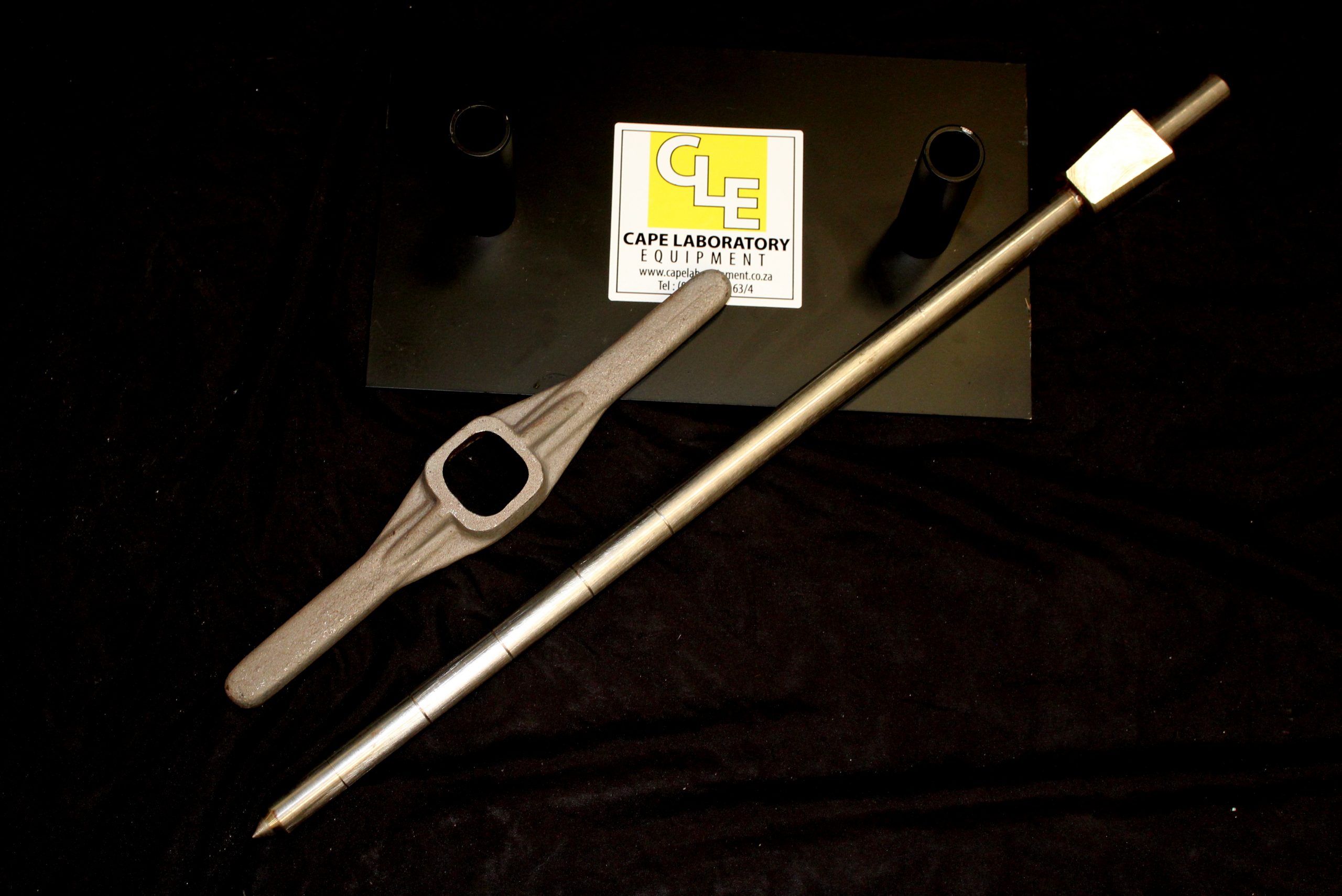
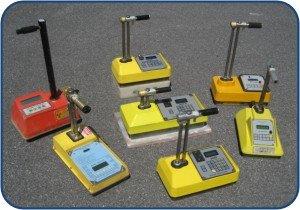
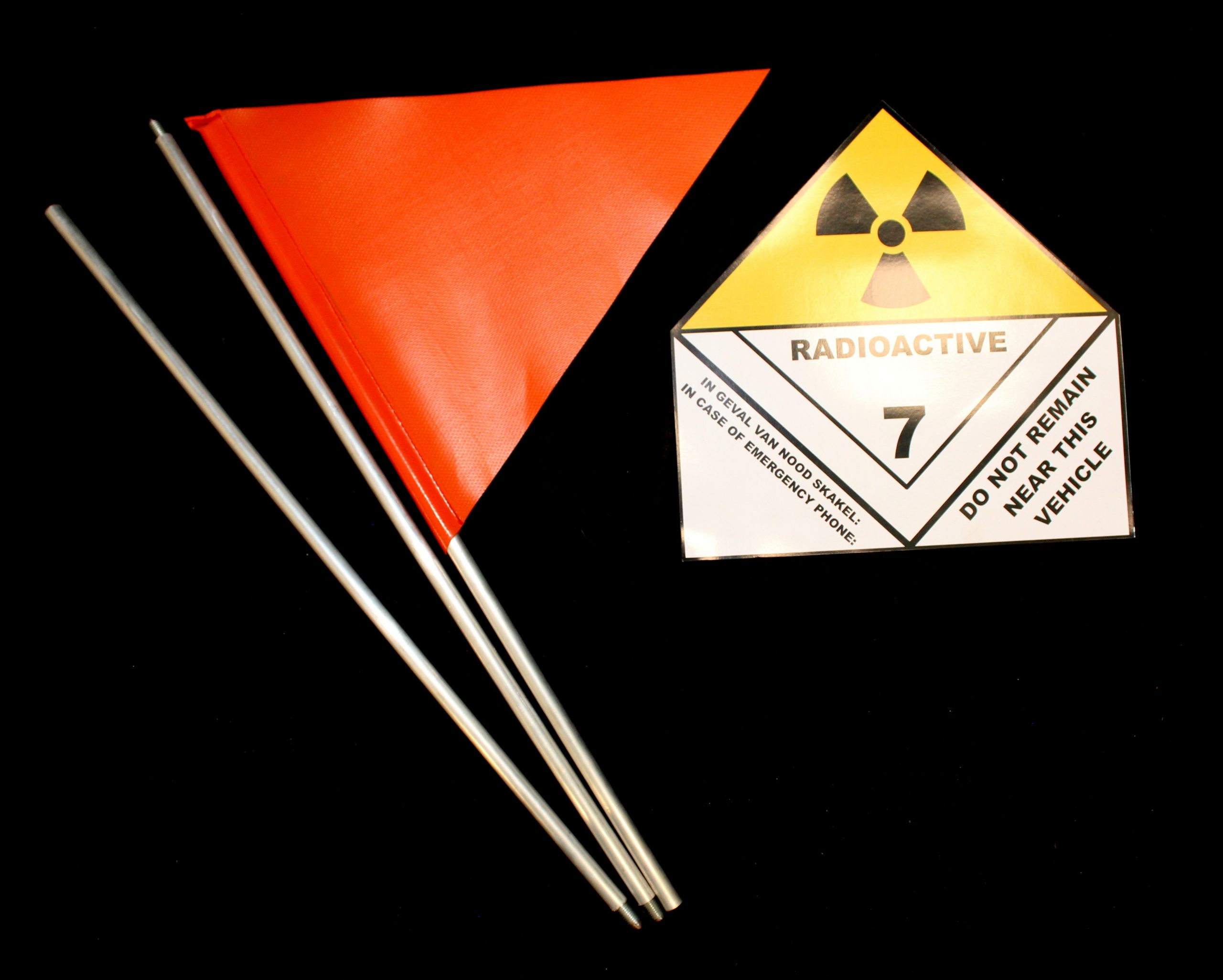
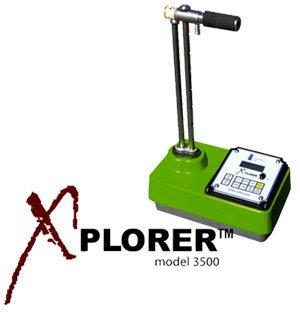
Nuclear Gauge Calibration
Overview:
All Soil Gauges are calibrated to international standards, the gauges go through a process of a cleaning and servicing, before the calibration process begins, we conduct calibrations on three CSIR verified blocks.
Once the calibration process is complete we verify all for Department of Transport and Public Works Western Cape Government in order to supply our clients with a PAWC Certificate.





